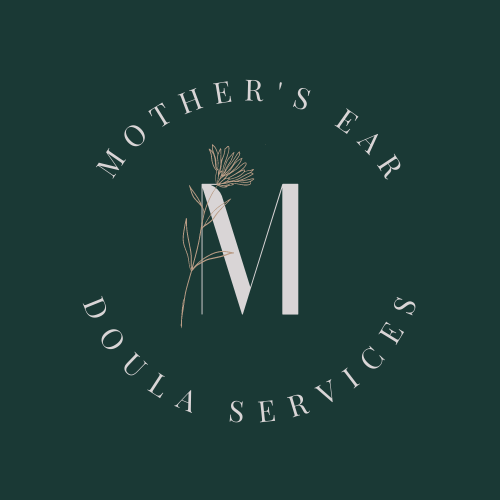22. What I Wasn’t Taught About Resilience—And How I Finally Learned It.
Resilience.
It’s one of those words people throw around like confetti—"You’re so strong!" "You’ll get through this!" "Everything happens for a reason!" But what happens when the reason you land on is: this is my fault?
For a long time, I believed my son’s diagnoses were because of me. Not genetics. Not random chance. Me. A punishment, a divine slap on the wrist, a cosmic “should’ve prayed harder.” That belief had roots, tangled and deep, planted in childhood when I was first told, “Things happen to teach us a lesson” in a yellow Sunday school room. And my adolescent brain—bless her heart—ran with it.
When a close family member died, I believed it was because I had done something wrong. That I had somehow caused it. And once that idea latched on, it never let go. So when I became a mother and faced medical trauma, NICU alarms, and a rare diagnosis that no one could explain—I didn’t need science to tell me why. I already “knew.”
This was my fault.
The Weight of a Belief You Don’t Know You’re Carrying
If you’ve ever had an intrusive thought dig its claws into you, you know how impossible it feels to shake. Logically, I knew I didn’t cause my son’s condition. I knew I didn’t control genetics, amniotic fluid, or the whims of biology. But belief and logic? They’re not always on speaking terms.
So I carried that weight. Through the NICU. Through doctor’s appointments. Through every late-night moment of What if I had just…? Because somewhere deep inside, I wasn’t questioning if I deserved this—I was sure that I did.
And then, one day, someone I deeply admired shattered that belief in a way I never saw coming.
The Moment That Changed Everything
I was at a birthworker retreat, surrounded by people who got it. The kind of people who don’t flinch at words like trauma, who know what it’s like to hold space for pain that doesn’t have tidy answers.
We did an exercise where we laid out our life stories—the messy, unfiltered, real stuff. And I laid mine bare.
How I thought I was at fault. How I thought my son’s diagnoses were some kind of twisted lesson.
And then she spoke. Someone I had followed and looked up to for years, someone whose words had shaped my journey in ways she didn’t even know.
She looked me in the eye and said, "Yes. But not the lesson you think."
Wait.... what?
She went on to say: This isn’t a punishment. It’s not proof that you failed. The lesson isn’t about what you did wrong—it’s about what you already have inside you.
Resilience. Strength. The ability to stand in the storm and still show up.
I thought I had to find resilience. But she reminded me: I already had it.
I was meant to be his mother. He was meant for me.
Her words knocked the wind out of me.
And in that moment, years of guilt, shame, and self-blame cracked open just enough for me to start letting something else in: Grace.
Resilience Wasn’t Something I Had to Earn
I had spent years believing I needed to become strong. That if I worked hard enough, prayed hard enough, suffered long enough—I would eventually be worthy of this journey.
But that’s not how resilience works.
Resilience wasn’t something I had to grow into. It was something I had all along.
I wasn’t chosen to be my son’s mother because I needed to learn a lesson in strength. I was chosen because I was already strong enough to fight for him.
What I Want You to Know
If you’ve ever carried guilt that wasn’t yours to hold, if you’ve ever felt like life’s hardest moments were some kind of cosmic punishment—I see you. And I need you to hear this:
Hard things don’t happen to you. They happen, and you rise.
Your strength isn’t something you earn—it’s something you already have.
You were meant for your journey, and your journey was meant for you.
You are meant for your baby; and they are meant to be your baby.
I don’t know if the person who said those words to me that day knows just how much they changed me. But I do know this:
Alia, thank you.
For seeing me. For reminding me of who I am. For giving me back my own story in a way I never could have written it alone.
